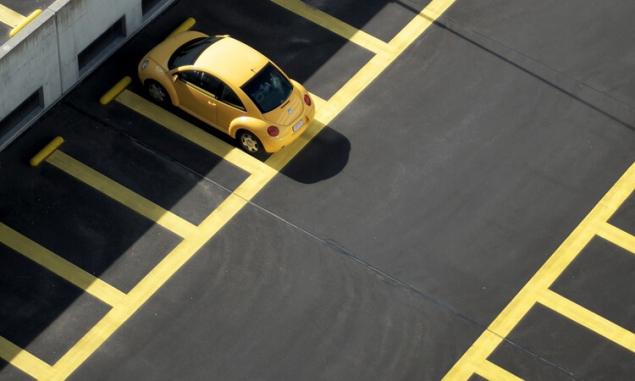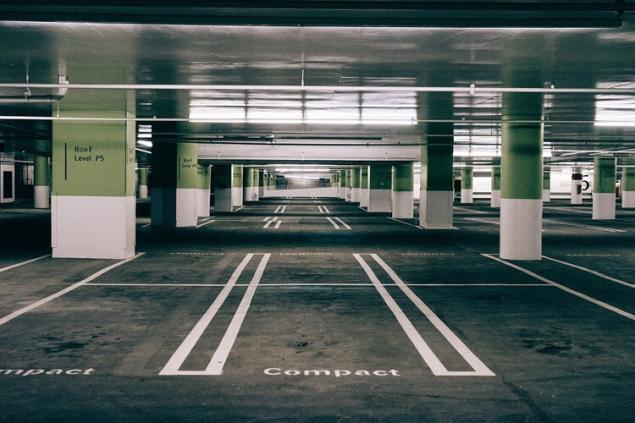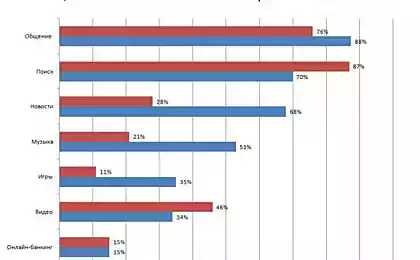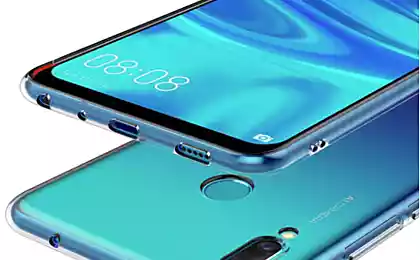560
Huawei and China Unicom introduced "smart" car parking
Huawei and China Unicom Company developed a solution for "smart" car park on the basis of NB-IoT technologies - narrowband Internet of Things (Narrow-band IoT)
.
The project partners have launched a 4.5G network is the world's first based on the NB-IoT technology, providing continuous coverage within the large-scale international tourism areas and resorts in Shanghai (China). Furthermore, it was found more smart sensors 300 detect vehicles in a parking.
As a result, it formed the infrastructure of "smart" parking, including terminals, base stations, servers, and mobile applications. The platform allows users to find and book parking spaces, simplifying mobile payments and parking management using smartphones. The widespread introduction of the system is able to solve the problem of finding parking spaces and reduce the traffic load.

Vehicle detection sensors may be used immediately after installation, thereby reducing the cost of preparing for operation. In addition, these sensors have a long service life. With the development of urban networks in the future solution for "smart" parking will make residents more comfortable life.
The Huawei say that will increase seven-fold in the next three or four years the number of Internet connections in the world of things. However, as expected, it will focus precisely on the NB-IoT technology, which will be a major untapped market for operators.
.

The project partners have launched a 4.5G network is the world's first based on the NB-IoT technology, providing continuous coverage within the large-scale international tourism areas and resorts in Shanghai (China). Furthermore, it was found more smart sensors 300 detect vehicles in a parking.
As a result, it formed the infrastructure of "smart" parking, including terminals, base stations, servers, and mobile applications. The platform allows users to find and book parking spaces, simplifying mobile payments and parking management using smartphones. The widespread introduction of the system is able to solve the problem of finding parking spaces and reduce the traffic load.

Vehicle detection sensors may be used immediately after installation, thereby reducing the cost of preparing for operation. In addition, these sensors have a long service life. With the development of urban networks in the future solution for "smart" parking will make residents more comfortable life.
The Huawei say that will increase seven-fold in the next three or four years the number of Internet connections in the world of things. However, as expected, it will focus precisely on the NB-IoT technology, which will be a major untapped market for operators.























